“The Norse Sorceress: Mind and Materiality in the Viking World” edited by Leszek Gardeła, Sophie Bønding and Peter Pentz
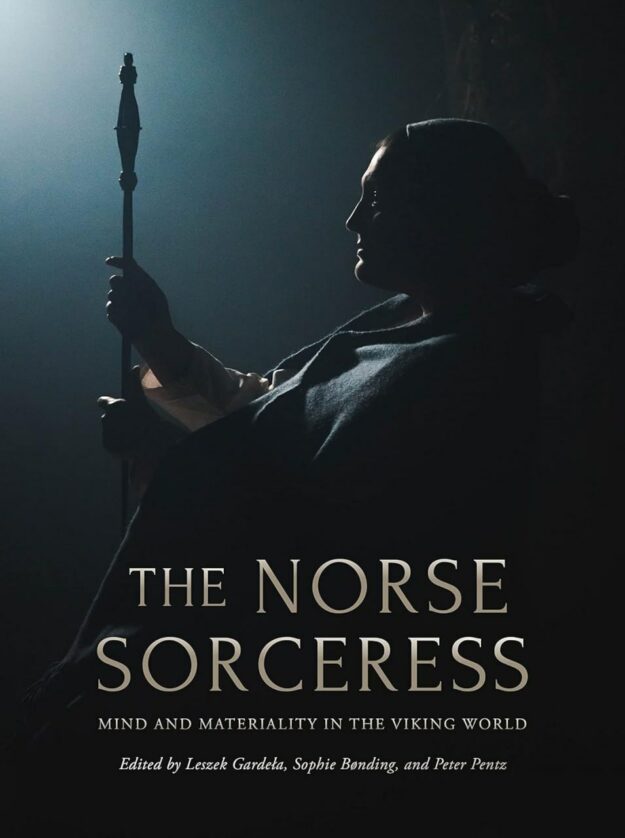
"Old Norse literature abounds with descriptions of magic acts that allow ritual specialists of various kinds to manipulate the world around them, see into the future or the distant past, change weather conditions, influence the outcomes of battles, and more. While magic practitioners are known under myriad terms, the most iconic of them is the völva. As the central figure of the famous mythological poem Völuspá (The Prophecy of the Völva), the völva commands both respect and fear. In non-mythological texts similar women are portrayed as crucial albeit somewhat peculiar members of society. Always veiled in mystery, the völur and their kind have captured the academic and popular imagination for centuries.
Bringing together scholars from various disciplinary backgrounds, this volume aims to provide new insights into the reality of magic and its agents in the Viking world, beyond the pages of medieval texts. It explores new trajectories for the study of past mentalities, beliefs, and rituals as well as the tools employed in these practices and the individuals who wielded them. In doing so, the volume engages with several topical issues of Viking Age research, including the complex entanglements of mind and materiality, the cultural attitudes to animals and the natural world, and the cultural constructions of gender and sexuality. By addressing these complex themes, it offers a nuanced image of the völva and related magic workers in their cultural context. The volume is intended for a broad, diverse, and international audience, including experts in the field of Viking and Old Norse studies but also various non-professional history enthusiasts.
The Norse Sorceress: Mind and Materiality in the Viking World is a key output of the project Tanken bag Tingene (Thoughts behind Things) conducted at the National Museum of Denmark from 2020 to 2023 and funded by the Krogager Foundation."
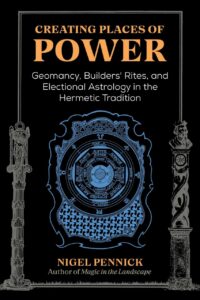
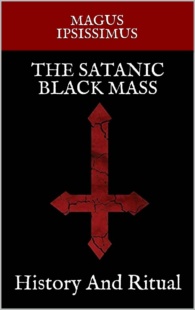
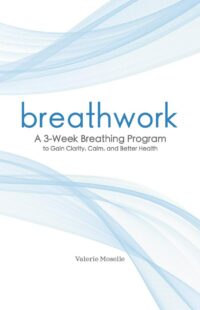
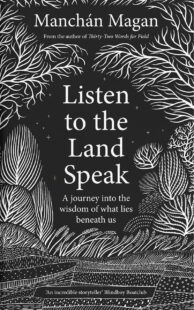
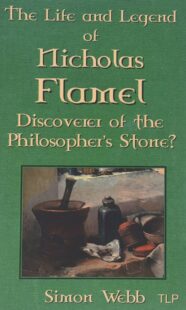
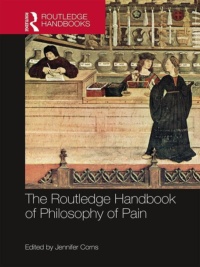
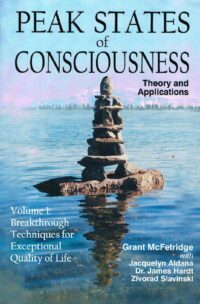
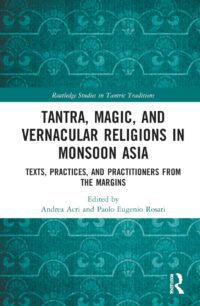

Comments and discussion can be found in the channel